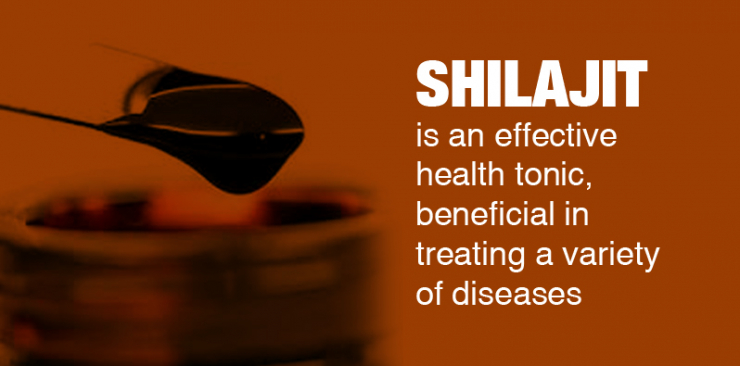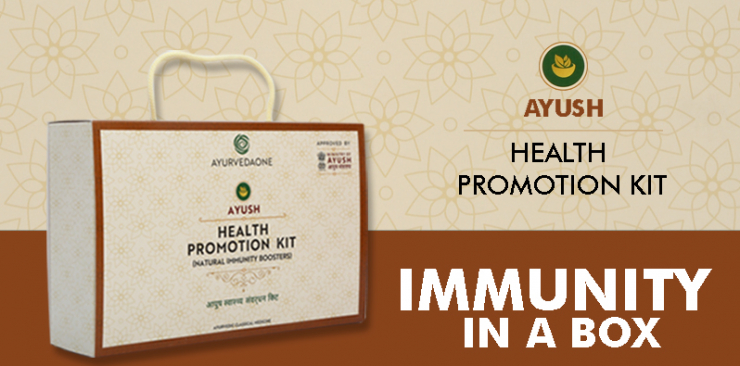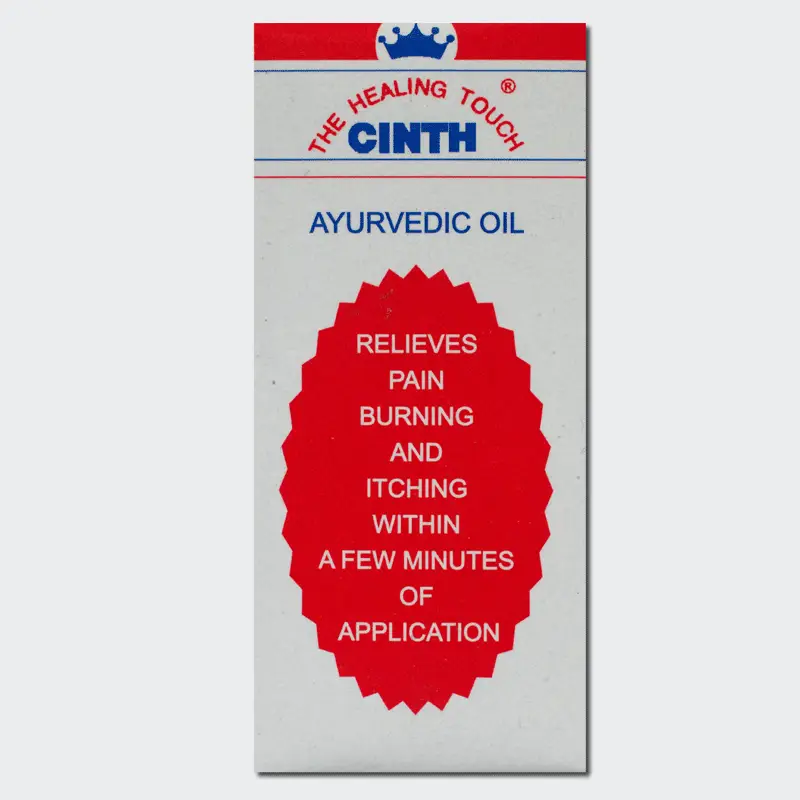shilajit is an effective health tonic, beneficial in treating a variety of diseases
Shilajit is a sticky substance, which is the result of a long and slow process of decomposition of plants. Also known as a mineral pitch, it is a black, tar-like substance that comes from the rocks of mountains. Due to its medicinal properties, Shilajit is commonly used in Ayurvedic medicines. This safe supplement can have an effective impact on your health and wellbeing.
BENEFITS OF SHILAJIT
Ayurveda considers Shilajit as a rasayan dravya (rejuvenative remedy) and an aphrodisiac agent. It contains fulvic acid and more than 84 minerals. As a result, it offers several health benefits. While it functions as an antioxidant to improve the body’s immunity and memory, it acts as an anti-inflammatory, an energy booster, and a diuretic to remove excess fluid from our bodies.
The chemical composition of Shilajit is quite complex. It contains humic substances like fulvic acid, humins and humic acids. It also contains selenium and other minerals. Shilajit also contains a small amount of dibenzo-α-pyrones (metabolites found in plants, fungi, animal feces or mycobionts). Mainly, its fulvic acid content is responsible for its medicinal values.
Shilajit is an effective health tonic, beneficial in treating a variety of diseases. It is used in Ayurvedic medicines for its therapeutic values.
Stress disorders and anxiety: Shilajit contains anxiolytic and anti-stress properties, hence it is effective in curing all types of stress disorders and anxiety. Its fulvic acid has anxiolytic and anti-depressant effects.
CLICK HERE TO BUY NOW….!!!
Alzheimer’s disease: Due to the molecular composition of Shilajit, researchers believe it may prevent or slow down progression of Alzheimer’s. Combined with other herbs, Shilajit can help patients with Alzheimer’s disease. Along with other herbs, Shilajit can also prevent further changes in behaviour and treat all symptoms including anxiety, depression, mood swings, aggressiveness and irritability. The fulvic acid in Shilajit prevents the accumulation of tau proteins. Tau proteins are important parts of our nervous system, a buildup of which can trigger brain cell damage. Researchers believe that the fulvic acid in Shilajit can prevent abnormal buildup of tau proteins, which can combat from Alzheimer’s symptoms.
Heart health: Shilajit may improve heart health. Studies found Shilajit helps in lowering cardiac symptoms as it has cardioprotective effects and provides the strength to the heart and regulates the heartbeat. It also improves the myocardial strength and prevents heart diseases. If you have active heart disease, it is advised that you should not take Shilajit.
Diabetes mellitus: Shilajit is full of minerals, which can help patients with diabetes. It is seen as a source to reduce diabetic symptoms, treating diabetic complications and boosting the pancreas function and insulin sensitivity in the cells.
Iron deficiency, anemia: This condition can lead to fatigue, weakness, headache, and irregular heartbeat. Shilajit supplements can gradually increase iron levels. A study found Shilajit can increase levels of hemoglobin, hematocrit, and red blood cells.
Chronic fatigue syndrome: Chronic fatigue syndrome (CFS) causes extreme tiredness or fatigue. This chronic condition occurs when your cells don’t produce enough energy, leading to difficulties in doing even daily activities like going to work, or do simple tasks. Researchers think that Shilajit can reduce symptoms of CFS and restore energy. Naturally boosting your body’s mitochondrial function with Shilajit can help improve energy levels.
Low testosterone level: Testosterone is a male sex hormone. Some men have a lower level, which manifests in low sex drive, hair loss, fatigue, loss of muscle mass, and increased body fat. Studies have found that Shilajit can cure low testosterone level.
Infertility: Shilajit is effective in male infertility. A study found men who took Shilajit showed an increase in total sperm count and some had an increase in sperm motility.
High altitude sickness: This can trigger a range of symptoms like insomnia, lethargy, sluggishness, body pain, dementia, etc. Altitude sickness is usually triggered by low atmospheric pressure, cold temperatures, or high wind velocity. Researchers believe that Shilajit can help in overcoming high altitude problems. As it can function as an antioxidant and an anti-inflammatory, Shilajit can help counteract symptoms associated with higher altitudes.
Aging: As Shilajit is rich in fulvic acid, it can protect you against free radicals and cellular damage. As a result, Shilajit supplement can slow down the aging process.





























 AyurCentral
Plus
AyurCentral
Plus






